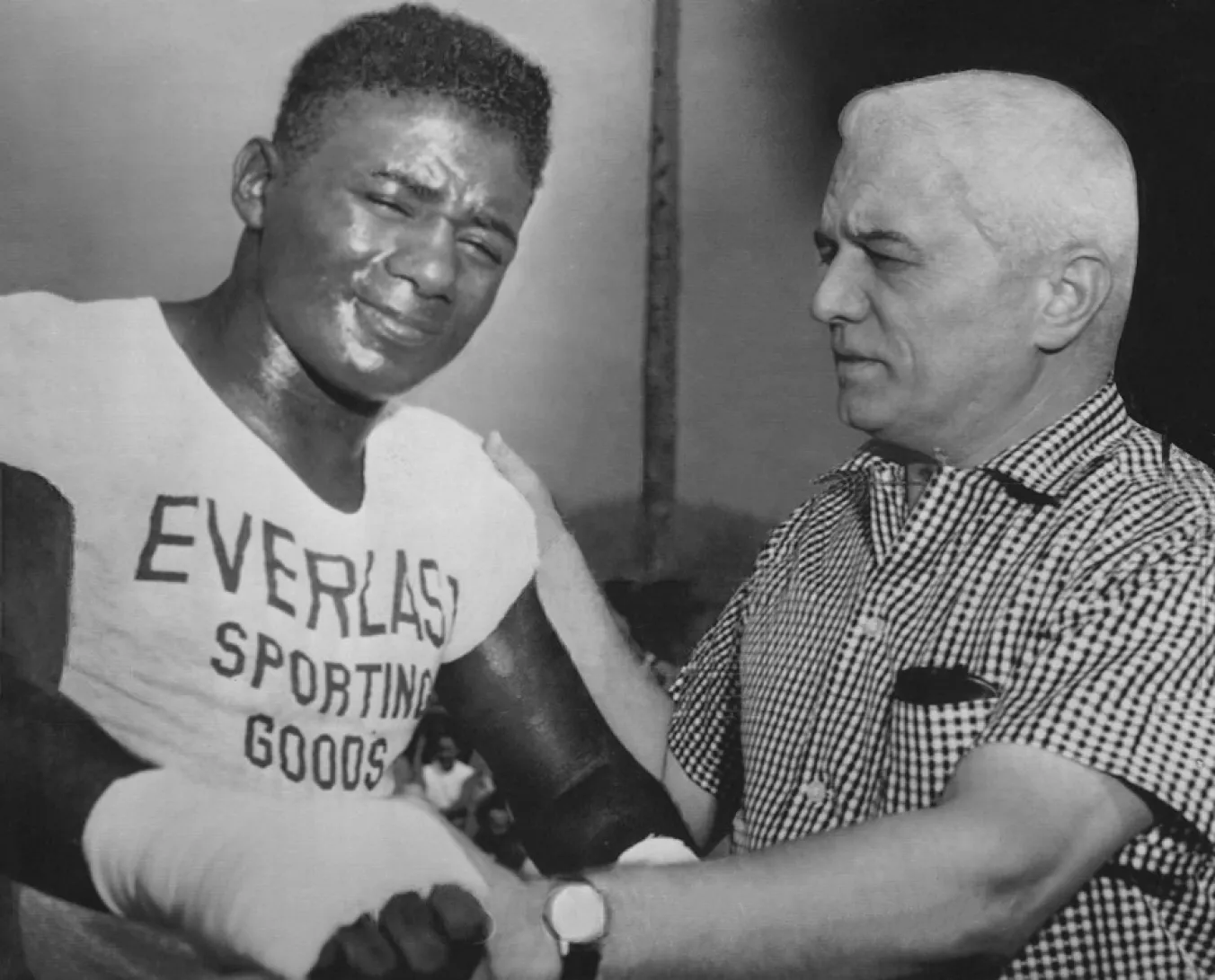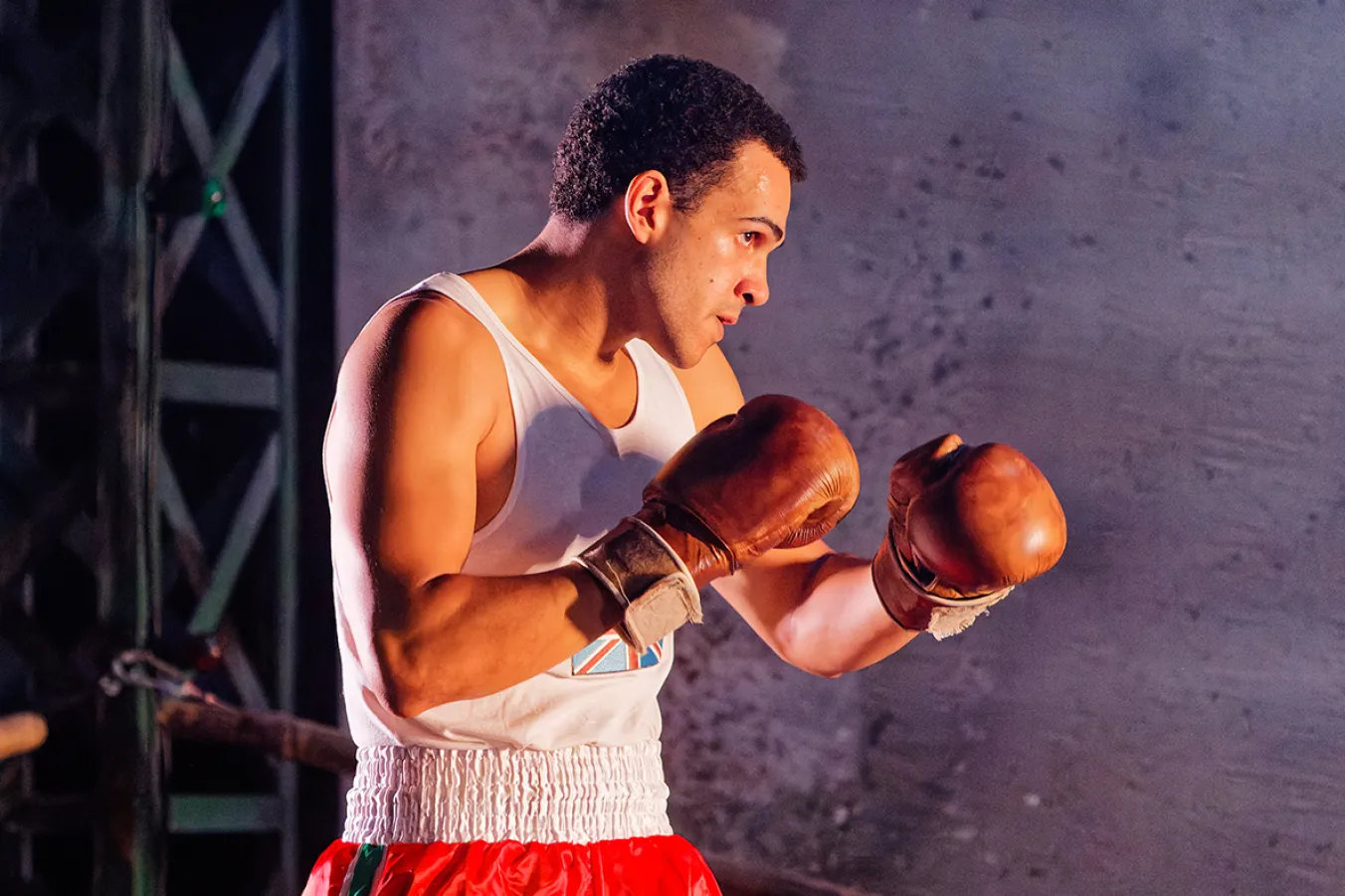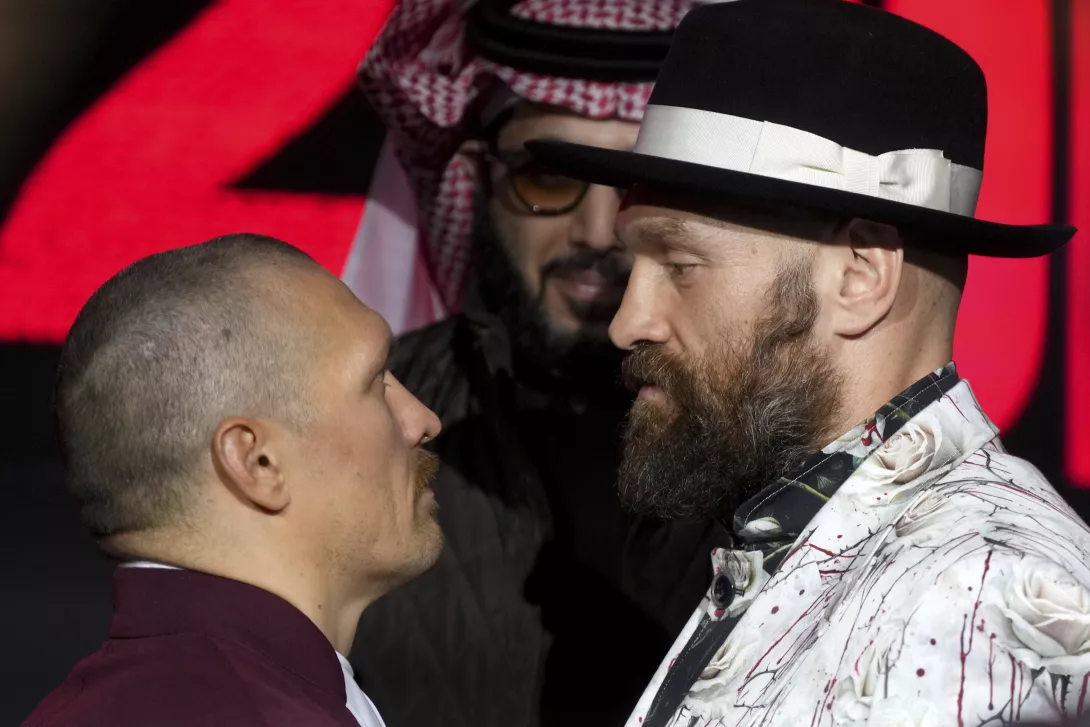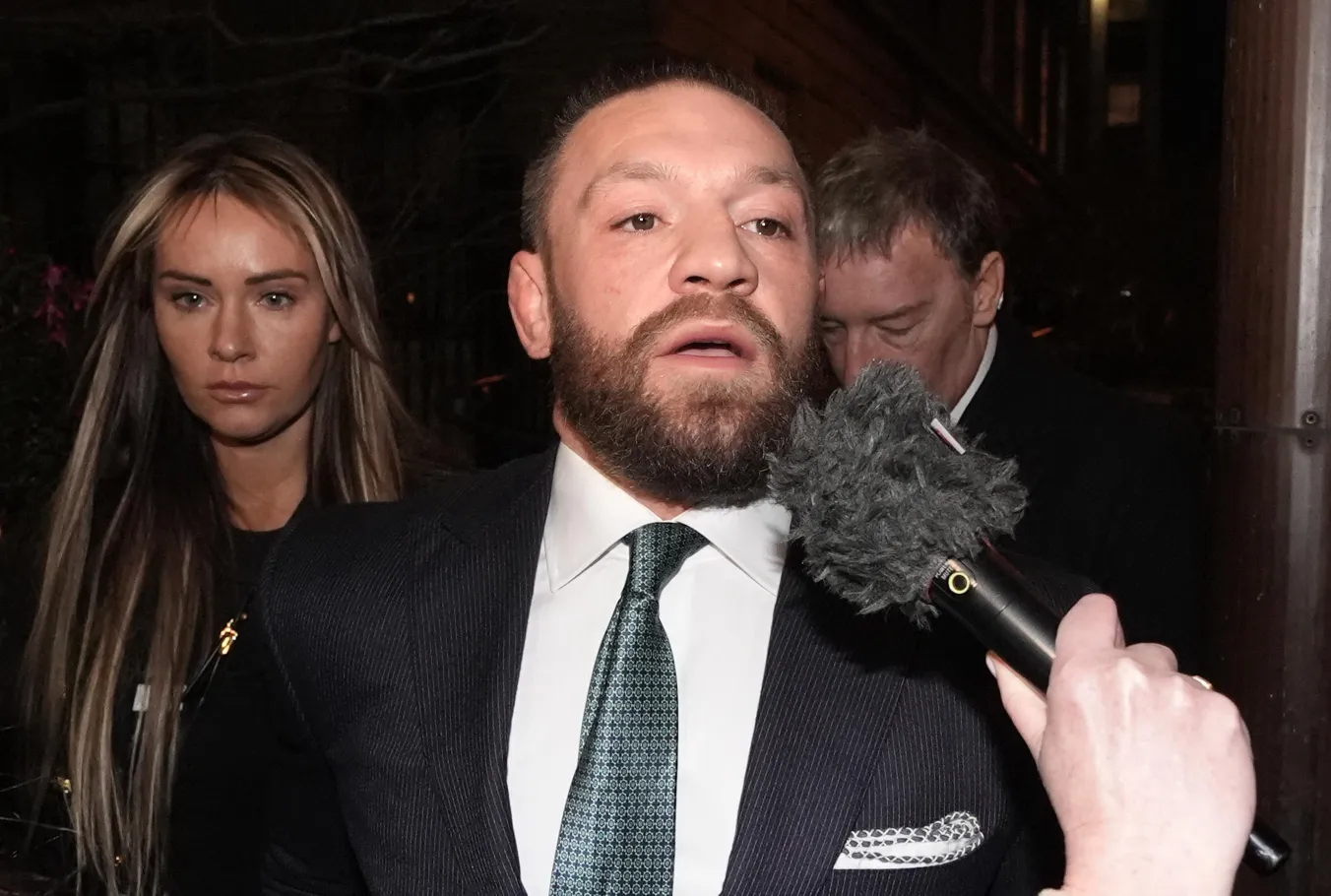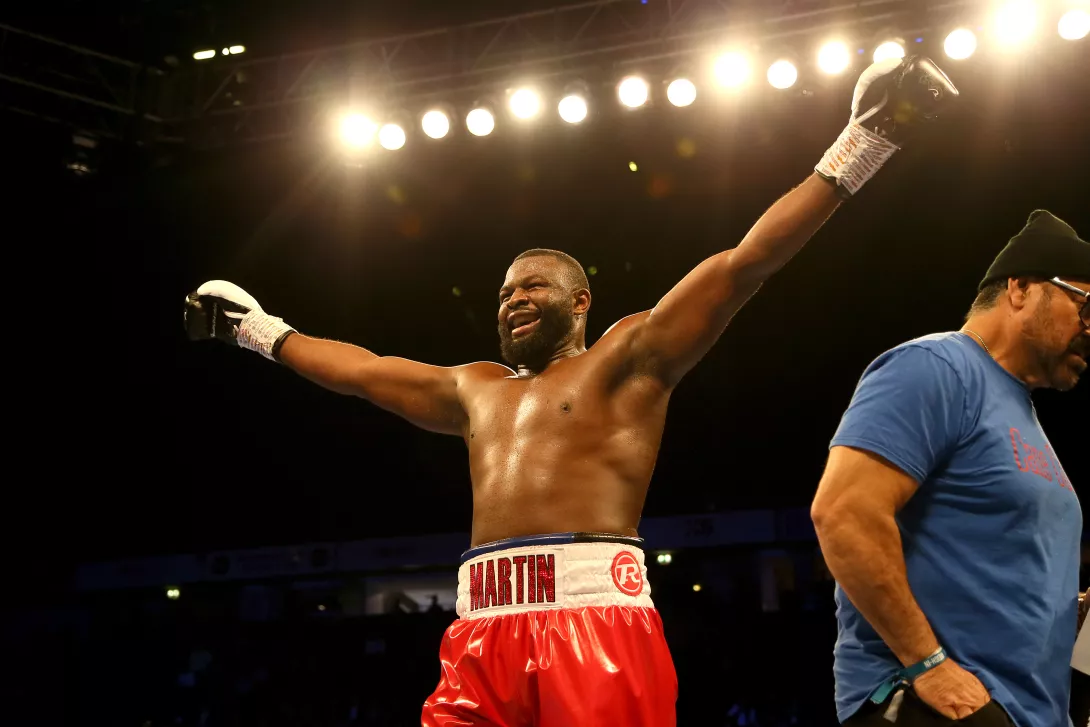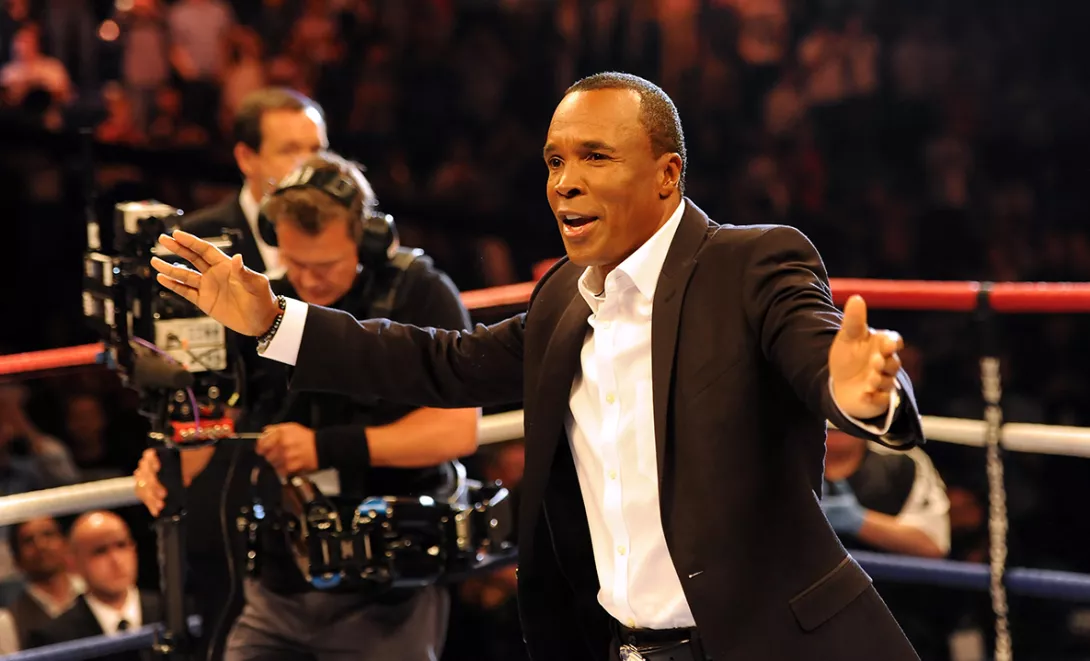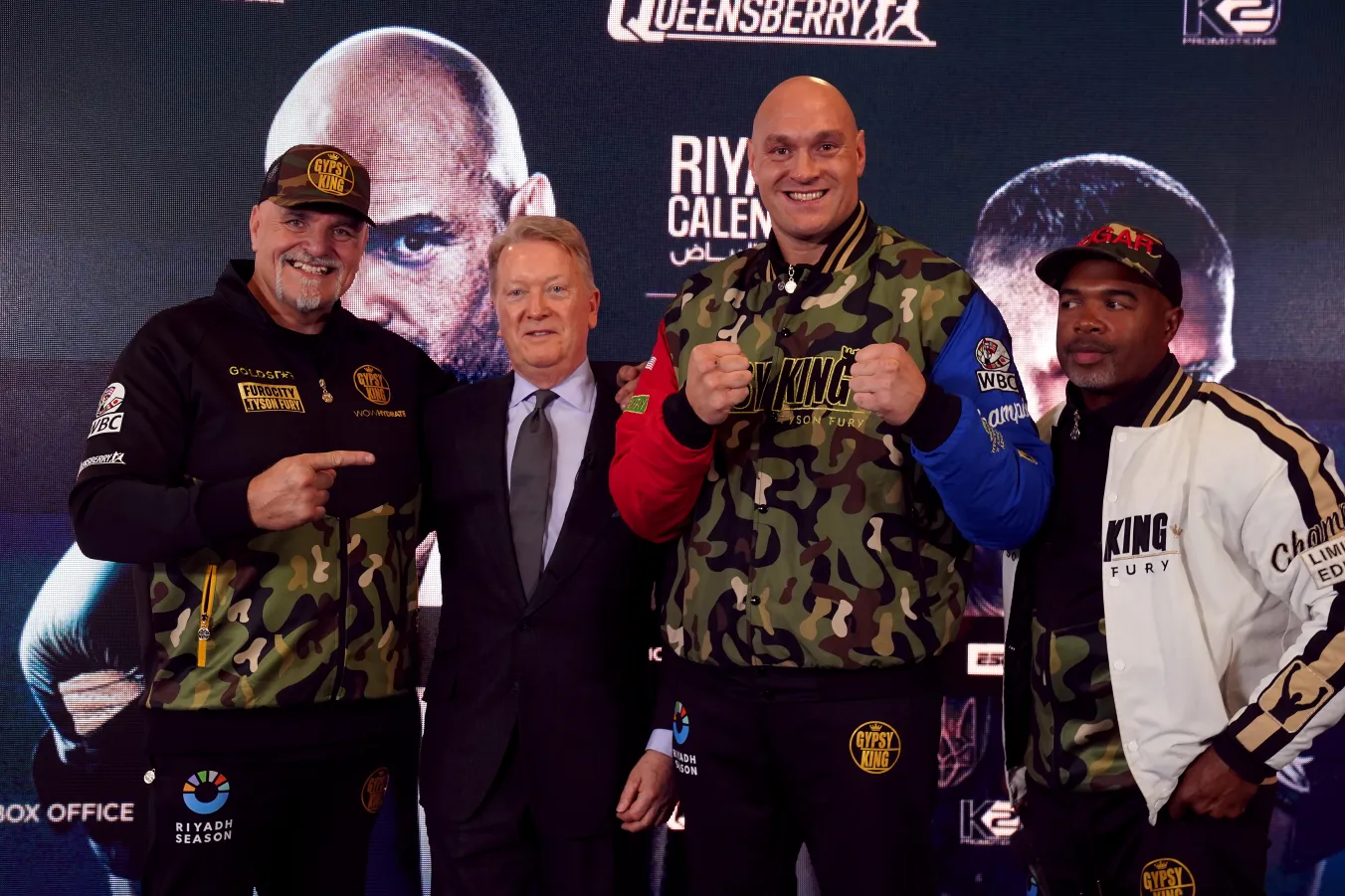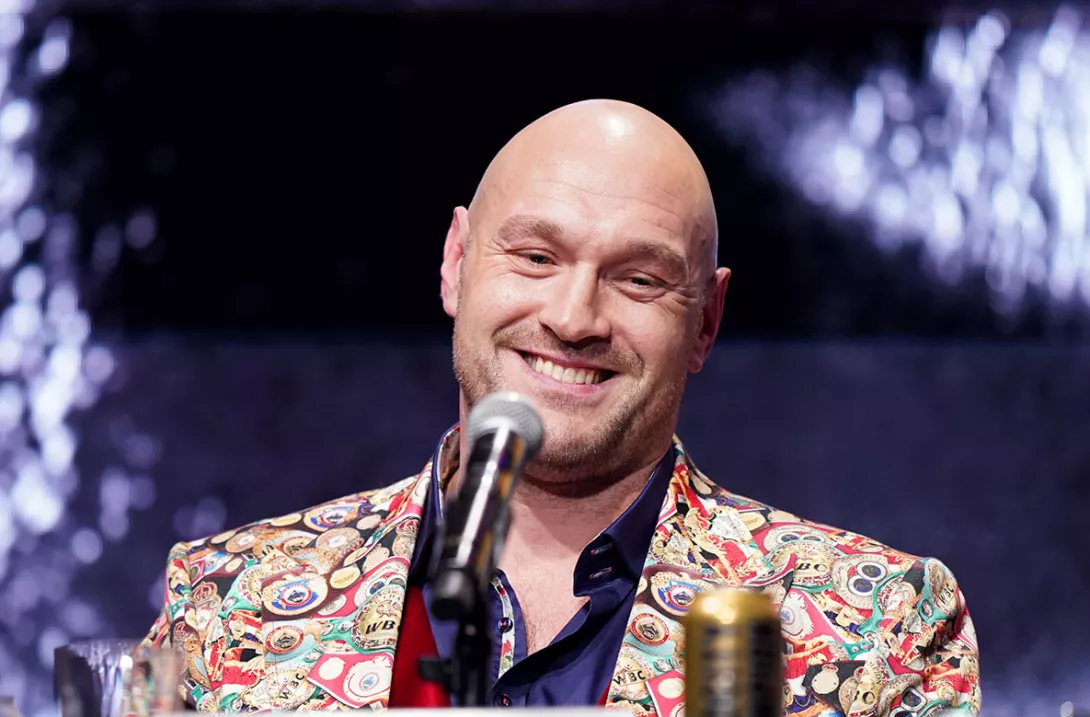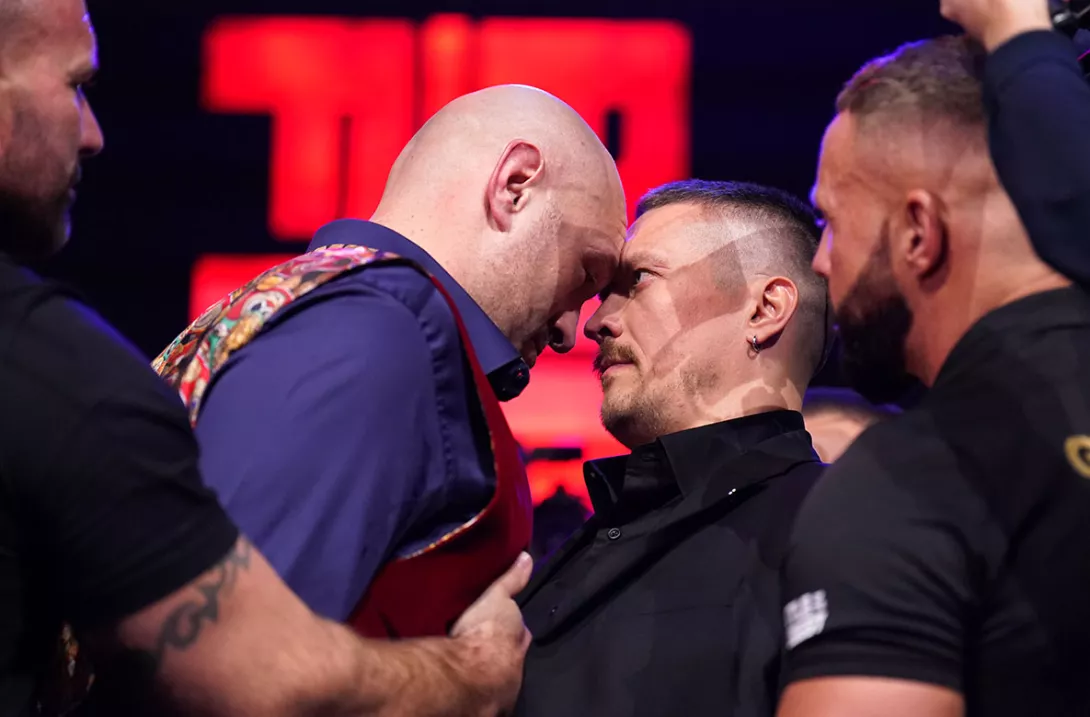
ONE of the classic old saws in the rarefied world of boxing folklore is that what happens in the gym stays in the gym.
In other words, what occurs during a given training camp in sparring remains the preserve of the fighters involved and their respective teams present. But this culture of secrecy or confidentiality has increasingly come under attack in an age when prize money at the top level is so huge that anything goes is now the rule.
The latest instalment of such revolves around the rumours surrounding Tyson Fury’s preparations for his upcoming heavyweight undisputed battle against Ukraine’s Oleksandr Usyk in Riyadh on February 23. If to be believed, Australian cruiserweight champion Jai Opetaia, during just five rounds of sparring, recently dropped the self-styled Gypsy King to the canvas.
